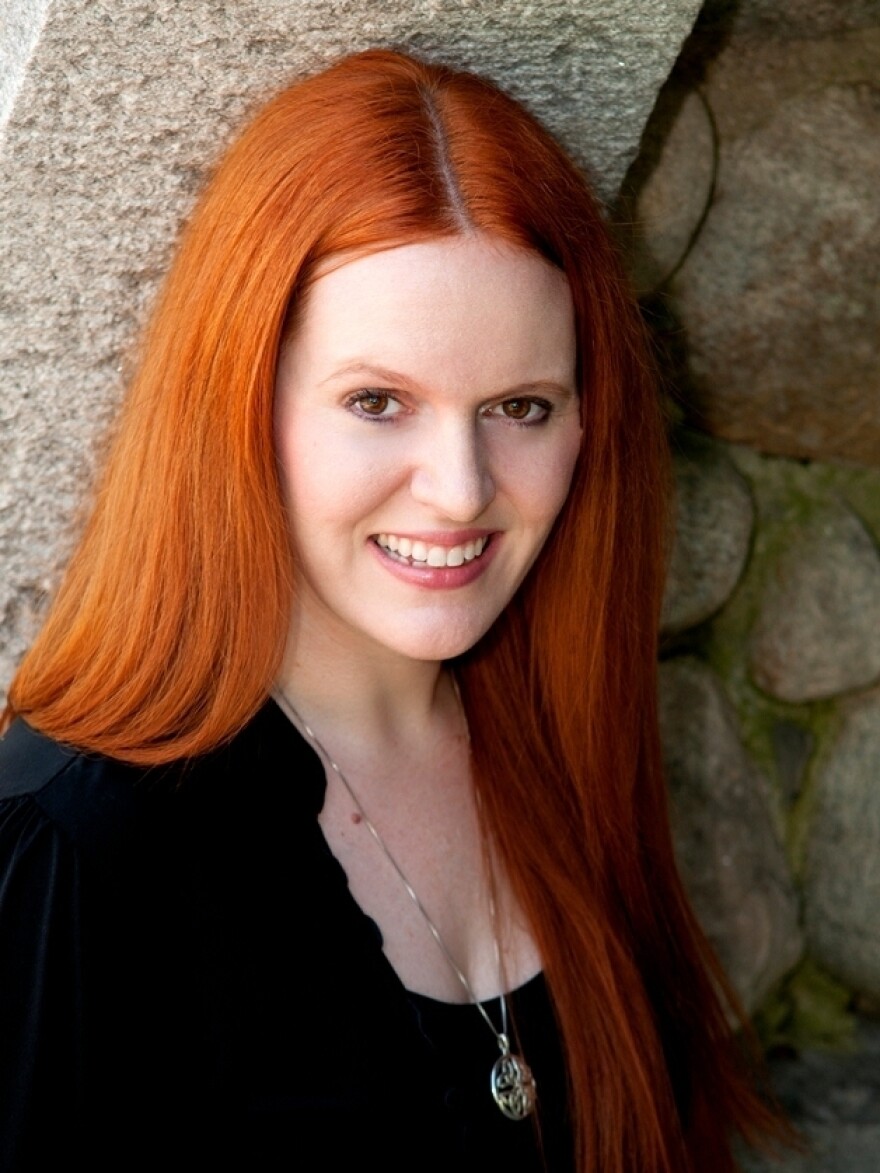
Translation is everywhere — that's is the crux of a new book by Nataly Kelly and Jost Zetzsche: Found in Translation: How Language Shapes Our Lives and Transforms our World.
From NASA to the U.N. to Chinese tattoo parlors, the book looks high and low for stories of the undeniable importance of language. One of those stories centers on a man named Peter Less, 91, an inspiration of sorts to interpreters and translators everywhere.
"He was a survivor of the holocaust and all of his family members — his parents, his siblings, his grandmother — were killed in Auschwitz," Kelly tells Jacki Lyden, guest host of weekends on All Things Considered. "And he went on to become an interpreter for the Nuremberg trials, which is where the Nazi war criminals were tried, and he was the voice of the masterminds of the Holocaust."
Less interpreted for the very people who murdered his family.
"It really made me realize how difficult that must have been, because as an interpreter you're constantly trying to remain neutral and detached and, you know, be impartial and convey that information in a way that is authentic and is loyal to the source," Kelly says.
Not everyone could do that. Many interpreters at Nuremburg had to be dismissed because the testimony at the trials proved too emotionally disturbing. Kelly, a translator for nearly 20 years, asked Less how he was able to avoid that.
"He basically just said you have to detach and you have to just act like a machine," she says. "You have to shut off your emotions, and you have to just do that job faithfully. It's when you rise to the occasion, you know, that is the true sign of greatness."
Copyright 2023 NPR. To see more, visit https://www.npr.org.




